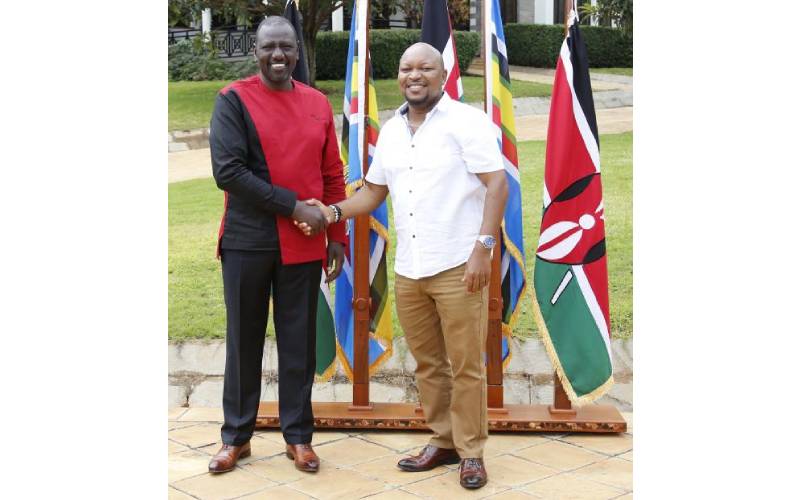×
The Standard e-Paper
Fearless, Trusted News

Why should a region that has given us three presidents be the hotbed of ‘Hustler’ narrative? Why should an area seen by outsiders as rich and affluent embrace this narrative with open arms? Why is this narrative finding such a fertile ground in Central Kenya, the backyard of the current president?
This might appear to be a paradox, but it is not. We could even ask in whispers where else we would have expected the narrative to find a home.